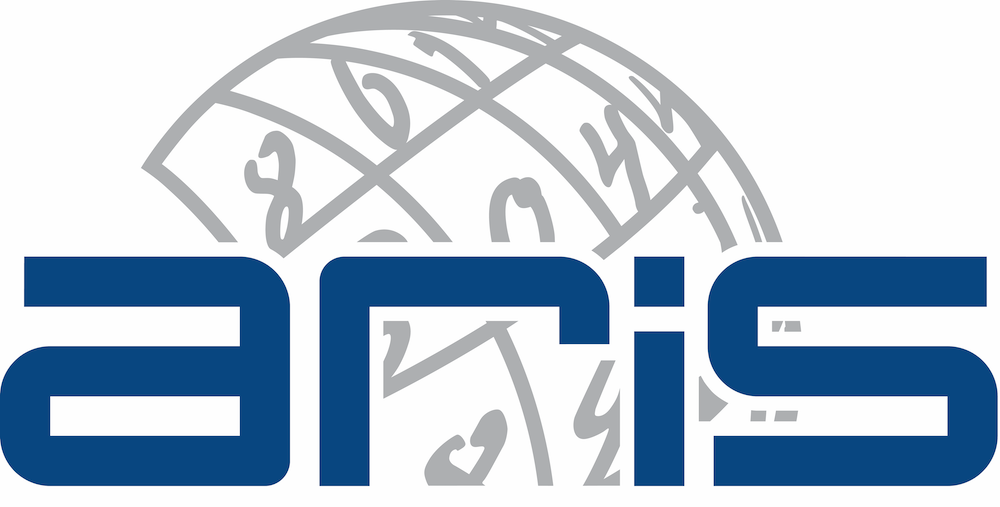Journal of Information Technology in Construction
ITcon Vol. 30, pg. 1017-1040, http://www.itcon.org/2025/41
An Innovative Software Development Methodology for Deep Learning-Driven Visual Computing in Built Environment Applications
| DOI: | 10.36680/j.itcon.2025.041 | |
| submitted: | September 2024 | |
| revised: | April 2025 | |
| published: | June 2025 | |
| editor(s): | Yang Zou, Mostafa Babaeian Jelodar, Zhenan Feng, Brian H.W. Guo | |
| authors: | Prasad Perera, Doctoral Researcher
Centre for Smart Modern Construction, Western Sydney University, Kingswood, Australia ORCID: https://orcid.org/0000-0002-8571-0196 prasad.perera@westernsydney.edu.au Srinath Perera, Professor Centre for Smart Modern Construction, Western Sydney University, Kingswood, Australia ORCID: https://orcid.org/0000-0001-9218-9282 srinath.perera@westernsydney.edu.au Xiaohua Jin, Associate Professor Centre for Smart Modern Construction, Western Sydney University, Kingswood, Australia ORCID: https://orcid.org/0000-0003-0877-9533 xiaohua.jin@westernsydney.edu.au Maria Rashidi, Associate Professor Western Sydney University, Kingswood, Australia ORCID: https://orcid.org/0000-0003-2847-3806 m.rashidi@westernsydney.edu.au Samudaya Nanayakkara, Lecturer Centre for Smart Modern Construction, Western Sydney University, Kingswood, Australia s.nanayakkara@westernsydney.edu.au Gina Yazbek, CEO Commnia Pty Ltd, Sydney, Australia gina@commnia.com Andrew Yazbek, BDM Commnia Pty Ltd, Sydney, Australia andrew.yazbek@commnia.com | |
| summary: | This paper presents an innovative software development methodology, the GENESIS (Generalised ENgineering for Embedded Software with Integrated AI System) Methodology, tailored for Deep Learning (DL)-driven visual computing applications in the built environment. Integrating AI into embedded systems has presented unique challenges to the associated software development methodologies. The proposed GENESIS Methodology integrates Design Science Research principles with established Artificial Intelligence (AI) embedded software-specific software engineering practices. Further, the approach has co-opted and synthesised insights from recent studies on AI software development and software engineering methodologies, incorporating key elements. The GENESIS Methodology encompasses twelve key stages, from problem definition to monitoring and maintenance for the developed software systems, with the sharing of knowledge, focusing on data-centric development and model-driven AI approaches. The systematic integration of AI-specific software engineering stages within conventional software engineering methodology uniquely combines a research-driven approach. The emphasis on the importance of Convolutional Neural Networks (CNNs) for visual computing tasks details the technical considerations for training and evaluating Deep Learning models. The paper justifies adopting the Waterfall model for its structured approach, aligning with the needs of the technically complex systems. Finally, a software prototype development is presented using the proposed GENESIS Methodology, and the functionality is focused on the built environment, validated by achieving a 91.2% accuracy in identifying six types of concrete defects, demonstrating the accuracy of this approach in real-world applications. This comprehensive methodology aims to enhance the development of AI-based visual computing applications in the built environment, offering a systematic framework. | |
| keywords: | Software Engineering Methodology, Deep Learning, Visual Computing, Built Environment, AI-Embedded Systems | |
| full text: | (PDF file, 1.094 MB) | |
| citation: | Perera P, Perera S, Jin X, Rashidi M, Nanayakkara S, Yazbek G, Yazbek A (2025). An Innovative Software Development Methodology for Deep Learning-Driven Visual Computing in Built Environment Applications. Journal of Information Technology in Construction (ITcon), 30, Special issue Construction 5.0, 1017-1040. https://doi.org/10.36680/j.itcon.2025.041 | |
| statistics: |





